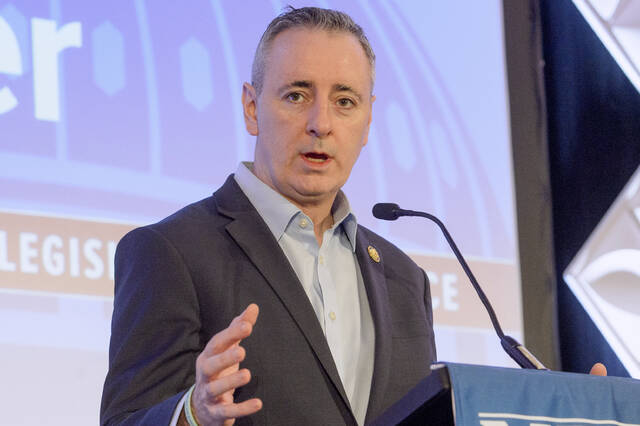Gatekeeping is one of those terms that gets a lot of play these days, like cancel culture or safe spaces.
It’s a term that means people in one area decide what the criteria for admission will be. It generally refers to something like a “fandom,” like comic book enthusiasts or Trekkies, but it can also be used as a way to keep anyone out of a discussion or opportunity. Think girls shouldn’t be in your fantasy football league? Want to keep guys out of your book club? Either way, you are gatekeeping.
The concept isn’t just for entertainment. It also comes into play with politics and social issues and anything where someone tries to decide exactly who qualifies to be an expert or have a position.
The Washington Post has used the word, particularly on its opinion pages. It has been used to smack down party leaders for not following their own platforms. It has been used to call Facebook, Google and Twitter on the carpet for not moderating content appropriately. It has been used to chastise “the media” for not fact-checking the Trump administration zealously enough.
But the Post has done a bit of gatekeeping itself. It recently caught itself in a stir about its internship program, when the paper tweeted a call for summer 2022 positions that included “must have had previous experience in a major newsroom.”
For those who aren’t journalists, let me explain why this is gatekeeping. “Major newsrooms” aren’t exactly thick on the ground. There are more than 1,200 daily newspapers in the United States but for some, “daily” refers to the online content more than the printed copies. Some have eliminated print versions altogether as digital becomes the dominant way the population consumes its news.
Major would likely refer to the publications and news agencies in the largest cities. The problem with this is that it discounts the experiences of people who work in the smaller newsrooms, and I say that the Post and any other publication does so to their detriment.
I first walked into a newsroom at 16, taking a job as a stringer covering school boards and borough councils. It was a storefront with three desks and filing cabinets older than my grandma. By the time I graduated from high school, I had covered a murder trial and an unsolved homicide. In college, I didn’t cover a beat because we didn’t have enough people. I covered an area larger than most Pennsylvania congressional districts and on any given day could find myself doing crime, sports, features or politics.
It was not a major newsroom. It was, however, a major opportunity to not just watch other people cover the news while I took notes and occasionally got my feet wet. The smaller the newsroom, the more vital it is that everyone who can work does work. By not considering someone whose experience comes from a smaller operation, a “major” publication could miss out on someone who has learned skills over theory.
That is what an internship is supposed to be — a chance to learn by doing.
The Post deleted the tweet and sent out a new one walking back the “major” requirement, saying “all applications are considered,” but only after criticism from respected journalists like Soledad O’Brien, whom I interviewed in 2015 while at a not-major newspaper.
It seems likely that it was the criticism that motivated the change, but I hope the Post’s leadership realizes how much it can gain and share by not gatekeeping journalism based on the size of a newsroom.








